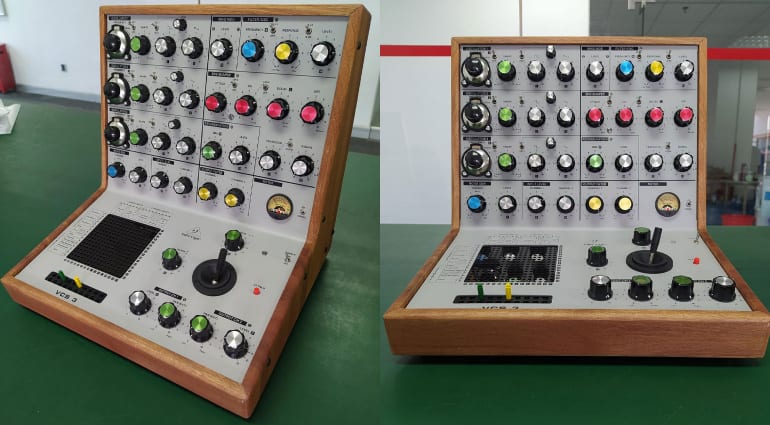Seeker_UK
Feelin' nearly faded as my jeans
If you're wondering what I do with all that gear, here's my most recent work - a 'synthy' remix of a friend's (orgianlly guitar-based) song.
Linky to Soundcloud
Linky to Soundcloud
Huge fan of gert emmens, he has one album called metamorphosis where he uses all these old analog synth . Wonderful
Thanks so much seeker, I have nearly all his albums and have listened to his stuff every week for years , it has a timeless sound .
I never know what to learn next.
We have a Bosendorfer 170 in our front room. It's a model from the 1920s, so has square legs and the music stand is plain compared to many of the ornate options that were available. We've had it 10 years or so, and it had had little restoration work when we got it.
XD6K7252 by Cesare Ferrari, on Flickr
You've given me a kick up the backside.
For some reason I imagine Zimmermann pianos will have an awful, grating tone and never be in tune.
Doesn't the piano join in when you crank up the Shahinians? (Not to mention, the harp!)
I play by seeing the notes, reading them, and pressing the keys. My son (14, and also a trumpeter) has a different style. For him it's all about improvising and playing by ear, he practically never looks at the music. He's learning Kate Bush's 'Babooshka' (in e flat minor for God's sake - the key signature alone is enough to put me off). He's never even seen the sheet music. While he's got talent, I'm just a plodder.
Despite our different approaches, it's nice to occasionally play together, but it's a squeeze, as we only have a (fixed height) single stool. A double, adjustable height stool has been on my wish-list for a while. I figure I could probably get a more robust, better designed and better quality one by buying used. Could any keyboard/piano playing fishy recommend a good type, and/or brand, to go for? Budget perhaps £150 ish, but as with hifi, where there's a will, there's somehow a way.
I have a Minimoog and the prog industry-approved stand.

My son is also a keen trumpet/cornet player, and his sight reading is terrible - he reads the first bar or so then just improvises from there. Great for jazz, not so great for passing music exams. Also, you have to ask what e flat minor looks like in a transposing instrument like a trumpet (so b flat is written as C), i'm not sure my brain can work that out so i'll leave it to others.

Do you have his albums with Ruud Heij?
I think the advantage of the piano is that all the notes are set out in front of you on the keyboard, you just bang them in the right order. You hit middle C, you get middle C, there's no funny business about it.
